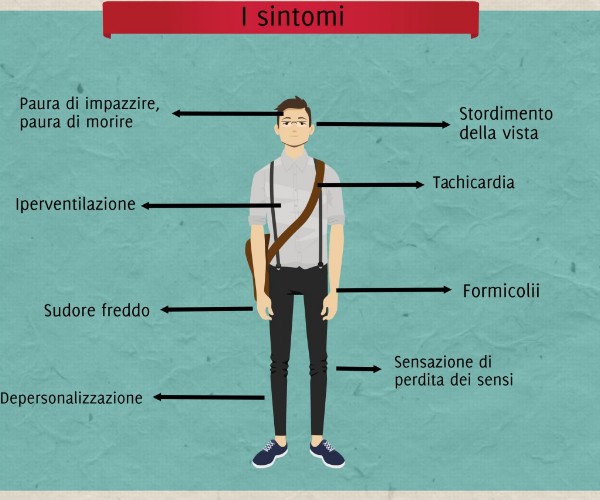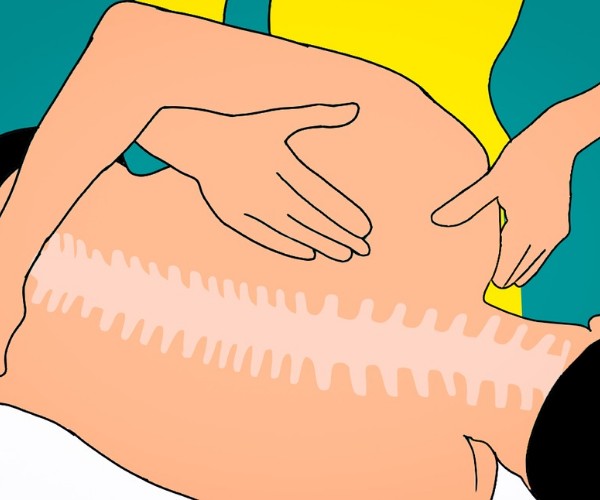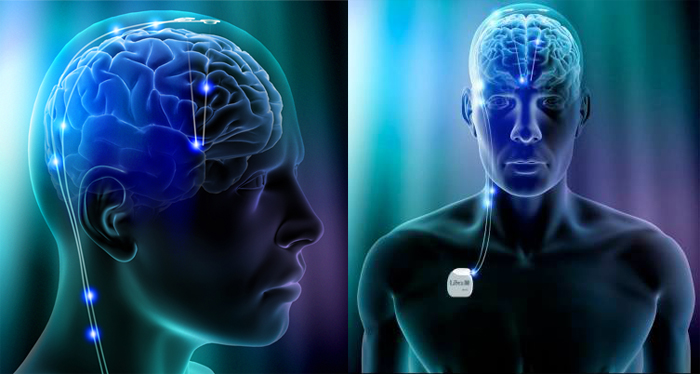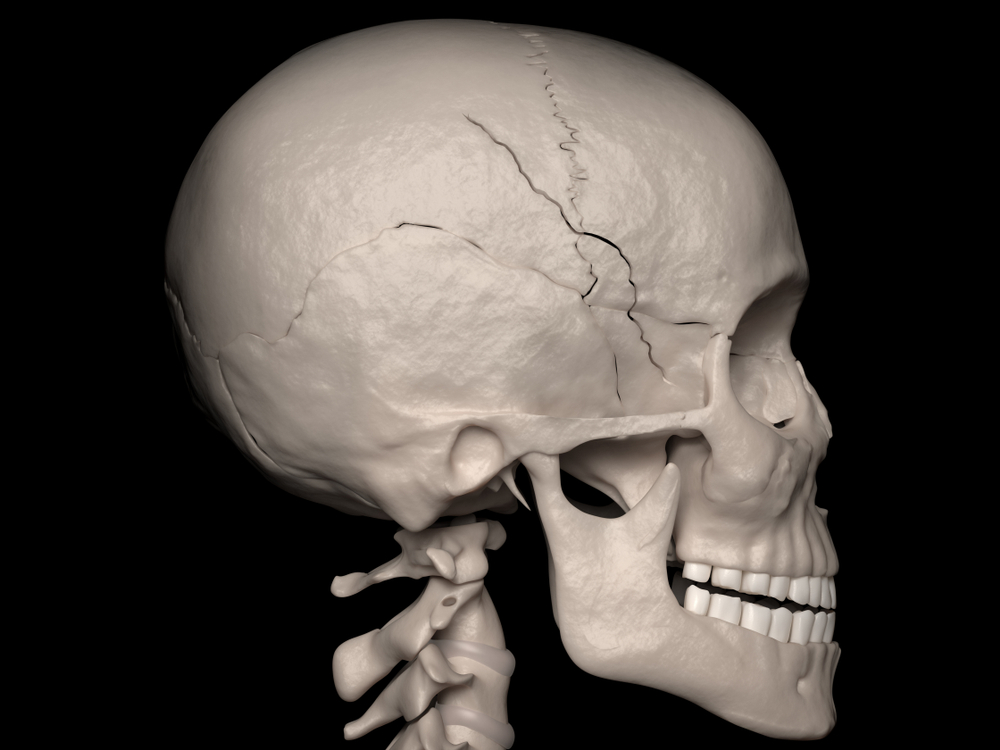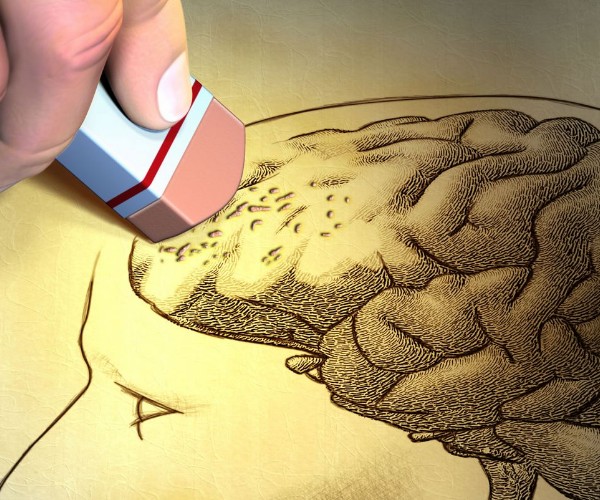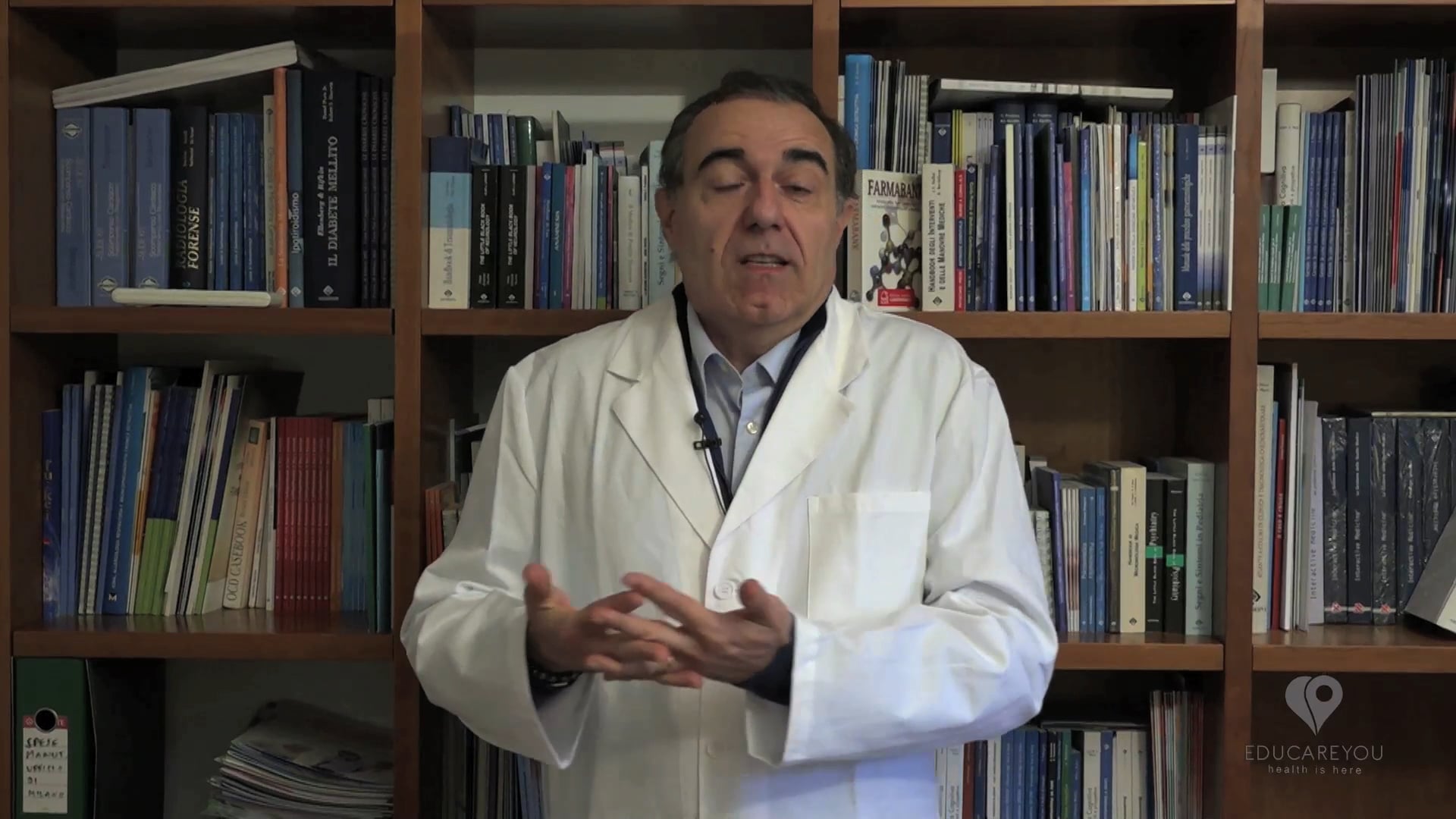According to surprising research published in the journal Science Advances, there is a significant link between the bacterium Porphyromonas gingivalis-the leading cause of periodontal disease-and Alzheimer’s disease.
In fact, a group of scientists from the University of Louisville, Kentucky, detected the presence of P. gingivalis in the brains of deceased people who had suffered from Alzheimer’s disease. The researchers also detected the bacterium’s Dna in spinal fluid and some toxic enzymes that are produced by the microorganism, gingipains, in the brain, where they measured higher levels of tau protein and ubiquitin, both linked to Alzheimer’s disease.
Interestingly, the brains of 50 cadavers used as controls, of elderly people who did not have Alzheimer‘s disease, had low levels of gingipain instead. This is an important result, because it is true that previous studies had already found an association between P. gingivalis and Alzheimer’s disease, but it was unclear whether poor oral care was only a side effect of dementia: it now appears that the opposite is true and that oral pathology may promote the development of Alzheimer’s disease.
For confirmation, the team conducted an experiment on laboratory mice for the purpose of testing whether P. gingivalis could enter the brain following oral infection and found that within six weeks this very passage occurred; they also observed dying nerve cells and high levels of beta-amyloid protein, a hallmark of Alzheimer’s disease.
The study does not prove that the bacterium causes Alzheimer’s, but that it is a likely contributing factor in the development of the disease.
“We know that diseases such as Alzheimer’s are complex and have multiple causes, but strong genetic evidence indicates that factors other than bacterial infections are central to the development of Alzheimer’s; therefore, these new findings need to be evaluated in the context of existing knowledge,” commented David Reynolds, scientific director of Alzheimer’s Research UK.
U.S. researchers even managed to find a way to kill P. gingivalis in the brains of mice; they used a compound targeting gingipain enzymes to successfully eliminate them, reduce neurodegeneration and beta-amyloid protein formation.















